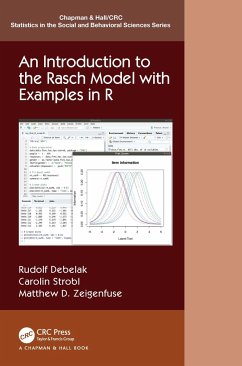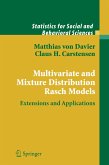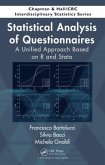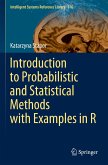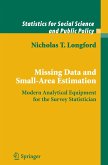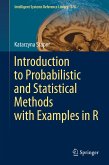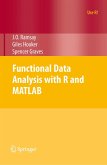An Introduction to the Rasch Model with Examples in R offers a clear, comprehensive introduction to the Rasch model along with practical examples in the free, open-source software R. It is accessible for readers without a background in psychometrics or statistics, while also providing detailed explanations of the relevant mathematical and statistical concepts for readers who want to gain a deeper understanding. Its worked examples in R demonstrate how to apply the methods to real-world examples and how to interpret the resulting output. In addition to motivating and presenting the Rasch model, the book covers different methods for parameter estimation and for assessing fit and differential item functioning (DIF). While focusing on the Rasch model, it also addresses a variety of other dichotomous and polytomous Rasch and item response theory (IRT) models, such as two-parameter logistic (2PL) and Partial Credit models, and extensions, including mixture Rasch models and computerized adaptive testing (CAT). Theory is presented in a self-contained way. All necessary mathematical and statistical background is contained in the chapters and appendices. The book also provides detailed, step-by-step instructions for getting started with R and using the eRm, mirt, TAM and rstan packages for fitting Rasch models.
Bitte wählen Sie Ihr Anliegen aus.
Rechnungen
Retourenschein anfordern
Bestellstatus
Storno

